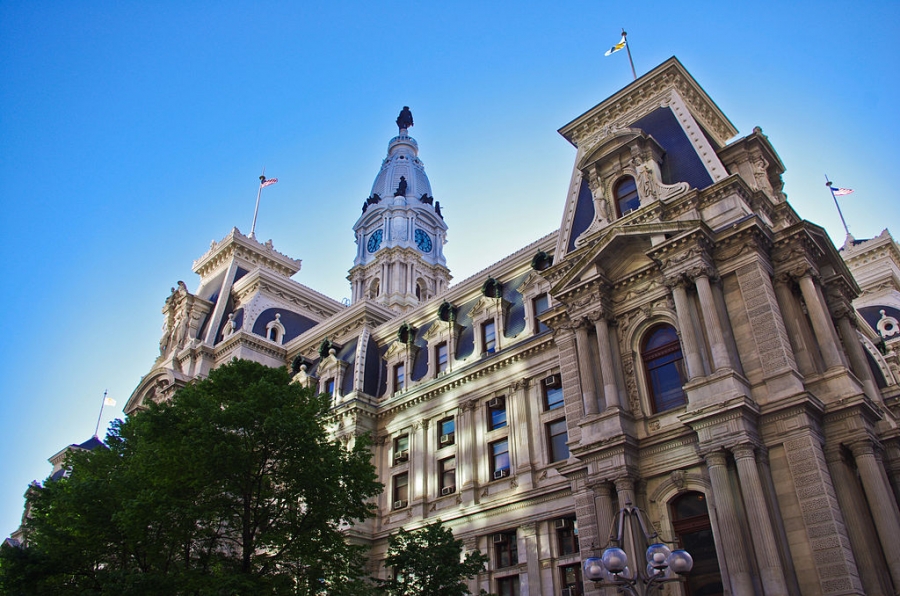In a continued effort to stand against anti-LGBT legislation in North Carolina, Philadelphia City Council adopted a resolution this month encouraging PayPal and other companies that support LGBT people to relocate to Philadelphia.
City Councilman Mark Squilla, who represents the First District, including the Gayborhood, introduced the legislation two days after the online payment platform withdrew its plan to open a global operations center in Charlotte. The move would’ve brought 400 new jobs to the city, but PayPal said it would instead look outside North Carolina for the expansion.
Mayor Jim Kenney this month also joined a Mayors Against Discrimination coalition that has banned city-funded travel to North Carolina and Mississippi and is evaluating ways to prohibit contracting and purchasing from companies in states that pass discriminatory laws.
“Speaking frankly, if you’re seeking to make a statement by leaving the state you’re in because they discriminated against you, come to Philadelphia because that’s the exclamation point to your statement,” said Nellie Fitzpatrick, director of the city Office of LGBT Affairs.
She added Kenney had signed on to a coalition letter encouraging Tennessee Gov. Bill Haslam to veto House Bill 1840, which would allow mental-health providers to discriminate against LGBT people by citing religious beliefs.
“We’ll be closely monitoring what happens in Tennessee” to see if any action is required, Fitzpatrick said.
Fitzpatrick discussed these developments at an April 20 event at City Hall with Dr. Rachel Levine, Pennsylvania’s first transgender physician general. The topic was the need for LGBT-inclusive nondiscrimination legislation in Pennsylvania. Levine reiterated the importance of two executive orders signed this month by Gov. Tom Wolf that prevent LGBT discrimination in state employment and contracting.
“What has happened in North Carolina and Mississippi and many other states is a call to action to the legislature to work with Gov. Wolf to pass comprehensive nondiscrimination legislation,” Levine said. “Pennsylvanians can still be fired or denied housing and denied public accommodations because of their sexual orientation and gender identity.”
“We must ensure equal protection under the law for all Pennsylvanians,” she said.
Levine said it’s estimated that the American workforce loses more than $64 billion annually due to the cost of losing and having to replace more than two million American workers who leave their jobs each year due to discrimination. She added research shows that cities with vibrant LGBT communities have higher levels of income and higher housing values.
Rue Landau, executive director of the Philadelphia Commission on Human Relations, said her agency has existed in the city since 1951. It recognizes 16 protected classes, many more than those in state or federal laws. The city human relations commission has protected people from discrimination based on sexual orientation since 1982 and based on gender identity since 2002.
“Nationally, we have seen that businesses like PayPal want to grow in states that protect their employees and thereby their business,” Levine said. “Pennsylvania businesses like Hershey …believe that Pennsylvania’s outdated laws hurt employers’ ability to attract top talent.”

